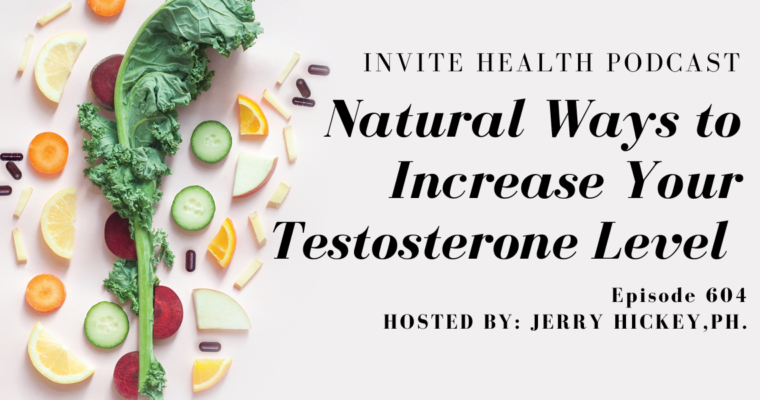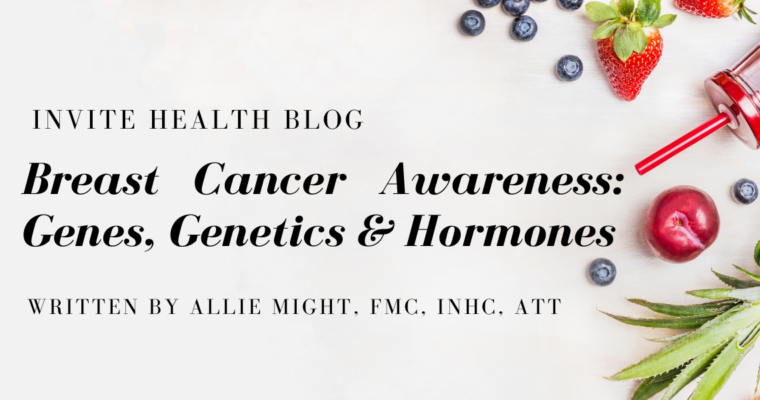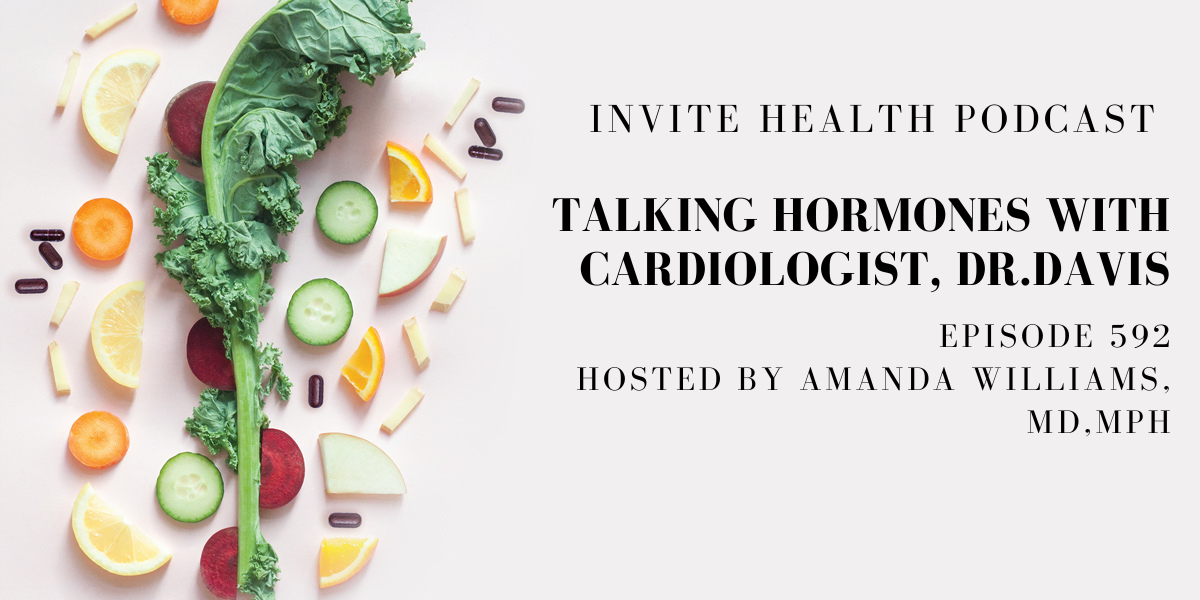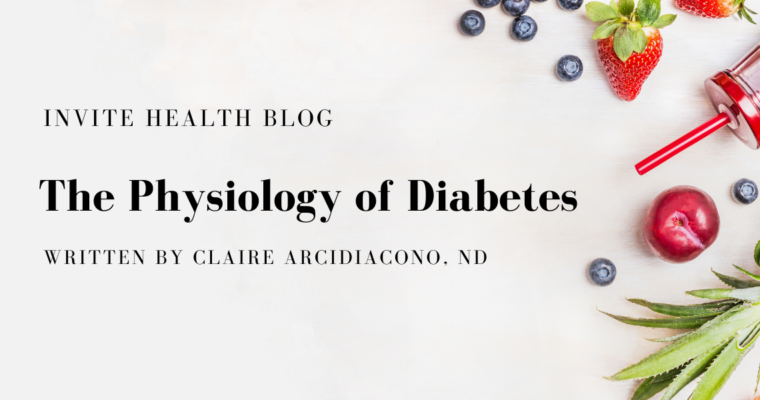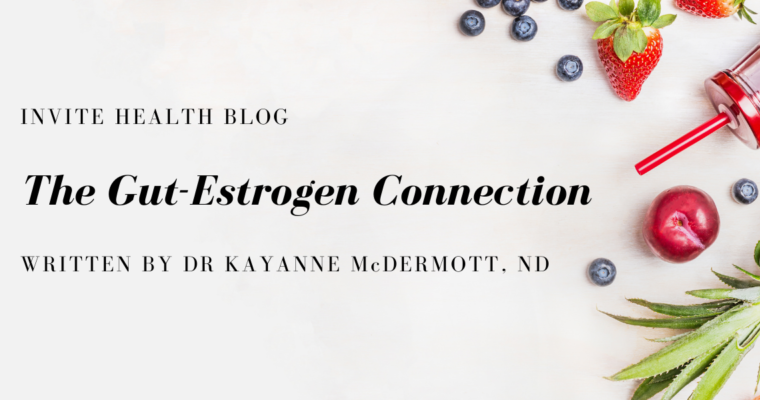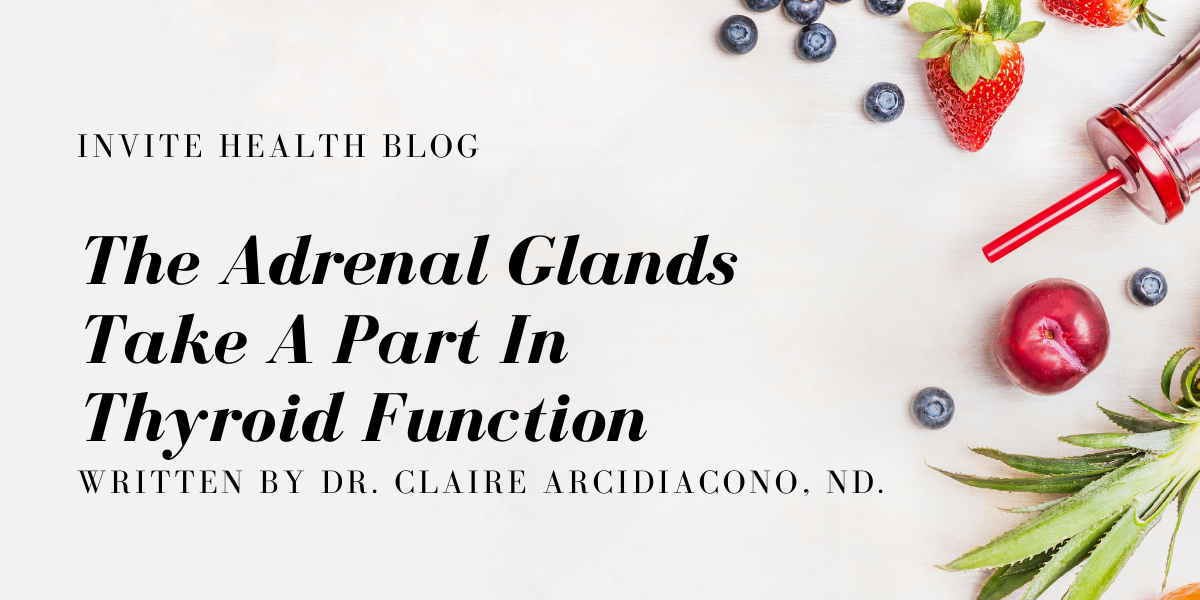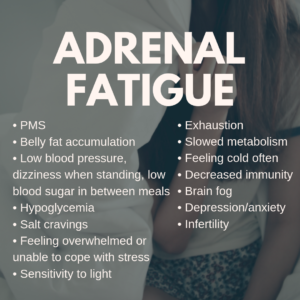Subscribe Today!
Please see below for a complete transcript of this episode.
TALKING HORMONES WITH CARDIOLOGIST,DR.DAVIS– INVITEⓇ HEALTH PODCAST, EPISODE 592
Hosted by Amanda Williams MD, MPH

*Intro Music*
InViteⓇ Health Podcast Intro: [00:00:04] Welcome to the InViteⓇ Health podcast, where our degreed health care professionals are excited to offer you the most important health and wellness information you need to make informed choices about your health. You can learn more about the products discussed in each of these episodes and all that InVite Health has to offer, at www.invitehealth.com/podcast. First time customers can use promo code podcast at checkout for an additional 15% off your first purchase. Let’s get started.† [00:00:34] hormones
*Intro Music*
Amanda Williams MD, MPH: [00:00:40] For years, Invite Health has prided ourselves in bringing you the latest and scientifically backed research nutrients when it comes to our product formulations. We spend an enormous amount of time really analyzing the data so that we can bring to you the best quality and highest potent nutrients. And this is also true when it comes to the experts that we speak to on a regular basis when it comes to really looking at certain health matters. Which is why I want to share with you a little piece that I have with an interventional cardiologist, Dr. Christopher Davis. This is an interview that I did with Dr. Davis, and I thought it highlights the importance of what we talk about so much when it comes to hormone balance. I hope that you enjoy this segment. I am Dr. Amanda Williams, scientific director here at Invite Health, and really take in the conversation that Dr. Davis and I have when it comes to the importance of hormones. And we’ve had this conversation before with our next guest, but I want to kind of zero in on this in some more detail because I think that impacts so many individuals and I have so many men in particular who will come to me with questions, and so I figure, you know what? Let’s let’s ask the expert in this. So without further ado, I have the pleasure of welcoming Dr. Christopher Davis, who is a functional medicine and interventional cardiologist back to the show. How are you doing today Dr.Davis?† [00:02:11]
Christopher Davis, MD: [00:02:11] I am doing extremely well, thank you very much. Thank you for having me again.† [00:02:16]
Amanda Williams MD, MPH: [00:02:17] Yes. Well, first, let me ask you this, because when it comes to hormone health, I have a lot of men who maybe seek out, you know, getting testosterone injections. And I know that you and I talked about this before in the past, but the issue that I always have is that oftentimes, you know, when people are going and maybe considering this, they are not also seeing maybe a physician whose also looking at their estrogen. You know, I mean, looking at your estradiol level, probably pretty important if you’re going to be doing testosterone replacement, because we certainly can see the negative implications, especially cardiovascular. Speaking of excess estrogen in men in particular, we know that estrogen has many protective measures for the heart, for women, as well as for bone for women. But it’s almost the opposite that we see in men when men’s estrogen level starts to go up. Is this a common thing that you have come across where maybe men have presented to your office, where they’ve done some hormone replacement therapy but never really had their hormone levels tested?† [00:03:18]
Christopher Davis, MD: [00:03:21] Absolutely. And I mean, I don’t think that I think that what tends to happen in my office a lot is men, there are I mean, a million dime a dozen hormone replacement shops, you know, in the U.S. and particularly in Florida, where you live now, I do some work there and have patients there as well. And on the east coast of Florida in particular there, there are tons and tons of hormone replacement, testosterone, TRT clinics all over the place. And, you know, one of the things and I got into the hormone, when I go into the regenerative medicine and anti-aging and it was very important to me as a cardiologist that if I was going to be someone who was prescribing hormone replacement therapy to both men and women, that it needed to be done and be done correctly and safely. And the issues of heart, the heart health, the issues of blood clotting, the issues of increasing risks of cancer. And we can talk about, you know, whether there is validity to that or not, those things are very important to me, because at the end of the day, I’m an interventional cardiologist and I need to make sure it is done safely. And one of the things that I see very frequently are the people who end up coming from one of these mom and pop testosterone replacement places. And all they’re doing is just giving them testosterone. They’re not following their levels routinely. And as you mentioned, they are not monitoring, you know, what’s happening with their testosterone can be converted to estrogen being converted to dihydrotestosterone. So DHT, PSA going up, blood count, there’s more red blood cell dramatically going up. All of these things are very important because hormone replacement, and I do believe as part of anti-aging and staying in tip top shape, and optimizing hormone balance is important. But unless you do it and you’re checking all these things to make sure that you’re not getting too much or not making all these conversions, is really important. And I find that probably I would say the majority of the time when I have a patient that’s come to me on hormone replacement therapy, that hasn’t been done the majority of time.† [00:05:34]
Amanda Williams MD, MPH: [00:05:34] Right. And it’s like you said, it’s so prevalent over here on this side of the state. I mean, it’s on every bus stop and it’s, you know, for HRT. But the problem is, like you said, there’s so many practitioners, unfortunately, that are doing hormone replacement. They are not doing any type of necessarily follow up or really assessing like where is the starting point. And I’ve had, you know, gentleman come to me and say, oh yeah, here, you know, I’ve been getting testosterone injections and you’re looking at their total testosterone, but yet their physician never even ordered the free. I’m like, Well, they’re not looking at your free testosterone. They didn’t order dihydrotestosterone. You have no idea if you’re converting this into estrogen. So, you know, it’s really a shame. And like you said, you know, being a cardiologist, you can see those major implications. I remember reading a study quite a few years ago where they were looking at circulating levels of estradiol in men and I think it was, men and the average age was somewhere around 60 years old. And they drew a direct correlation between elevated estradiol levels and carotid artery intima media thickness. And it’s like, okay, there’s that direct connection. So you would think, you know, that this should be a standard, you know, panel of blood work that is done throughout this country. And unfortunately, you still don’t see this. And, you know, men or in women where hormone testing is really kind of at that forefront. So I don’t know how to get that message out there more. But, you know, luckily, there are, there are people like yourself that, you know, are practicing hormone replacement therapy the correct way. And then plus, obviously, having your, you know, cardiology background really can make people feel rest assured when it comes to doing any type of HRT.† [00:07:19]
Christopher Davis, MD: [00:07:21] Right. I think that, you know, the interesting thing about estrogen, you know, and I think it’s a two-fold strategy, one of the things I tell you, estrogen, the other thing that I see a lot of along those lines is men who are placed on testosterone and then they’re placed on an agent like Anastrozole or an agent as the estrogen blocker. So the estrogen levels really become nonexistent. So I have people who come here all the time that have zero estrogen and just as important as monitoring for too high of estrogen. One of the things we also know is if you have no estrogen, you’re actually compliances in the, in the toilet, meaning that your, your muscles are much more stiff and you’re much more apt to develop coronary disease with no estrogen, not to mention all of the other side effects like muscle aches and joint, having inflammation in the joints and the pain comes in your ankle and your elbows and things like that. So, you know, honestly, I see both ends of the spectrum, the estrogen being too high and lots of people who are not on but not monitored appropriately. And most of the time, people who are on too much testosterone, testosterone levels are really high and nobody’s ever adjusted it. But I also think those people who just put her on anastrozole and that it is know whether you need to estrogen blocker as the anastrozole or not, they just put it on as a standard. It’s kind of what we do testosterone with anastrozole and then you end up with people with absolutely zero estrogen. And so that end of the spectrum is just as important. And so at the end of the day, when men and women are I think what happened with hormone replacement therapy became sort of taboo back in the 2000’s when the Women’s Health Initiative studies came out and everybody started to say that hormone replacement, not synthetic hormone replacement therapy, you know, synthetic estrogen and progestin, were quote, unquote, associated with heart attacks and blood clots and pulmonary emboli. So all of a sudden, nobody really wanted to deal with hormone replacement therapy. And truth be told, primary care doctors, kind of don’t want to deal with it, for women, their gynecologist don’t want to deal with it. Nobody really wants to deal with it. And, you know, it’s really a shame. I mean, we’re talking about men but I really feel sorry for women because I know one of the things that I found is that the number of women that are placed on the medications, placed on anxiolytics like, Ativan or Xanax,you know, placed on antidepressant medication for all of their symptoms, when their symptoms are related to hormonal imbalance. And all you have to do is really assess their hormone balance and optimize that. And we will deal with a lot of these symptoms instead of trying to put a Band-Aid on those symptoms, dealing with the underlying root causes. Now, one more thing I want to say. I didn’t say this.† [00:10:08]
LADIES, HORMONES GETTING YOU DOWN? HELP IS HERE!>>LISTEN NOW!
Amanda Williams MD, MPH: [00:10:08] But you know what? Let me have you hold that thought for just one second, because we have a quick break we got to get to. So hold that thought for me, Dr. Davis, and stick around with us. We’ve got important things to talk about here on Invite Health Radio. We’ll be right back. And welcome back to the Invite Health Wellness Hour. I am Dr. Amanda Williams. I am joined by Dr. Christopher Davis. And we are talking about hormones. And so you were explaining that, you know, how many women are put on different medications, sleeping medications, stuff for anxiety, stuff for depression, when at the end of the day it’s a hormone issue and they’re never assessing that. And it’s such a crying shame because you have so many women they’ll even present to, you know, the OBGYN and they tell them all their symptoms. And, you know, I am having hot flashes, I’m having a problem sleeping. I’m a little moody, whatever be the case and it’s usually never still addressed. I can’t tell you how many women I’ve talked to where I’m like, Well, did they test your hormone levels? And they’re like, Well, no, they didn’t. They said they expect them to be low because I’m postmenopausal. I’m like, Oh, goodness. So I know you were going to finish your your other point. So I will turn it over to you so that you can do that.† [00:11:17]
Christopher Davis, MD: [00:11:19] Yeah. I mean, what I wanted to say is, you know, I always say to my patients, we can talk about hormone replacement therapy, but we always, always have to go back to the important lifestyle factors that are needed to actually produce those hormones as well. Right. So, I mean, I always talk about nutrition and exercise and we talk about detoxing or removing yourself from potential toxins in our environment, this is really important. One of the things that I see and I’ve seen in younger men, more and more frequently is younger men coming in at extremely low testosterone levels, free & total testosterone . Total testosterone, I’ve gotten into 200s. And that’s extremely low for somebody that’s 21, 27 years old. I think it’s really, really important for us to start thinking about some of the things. When I said toxins, one of the things that I found quite a real culprit in this, is the EMF exposure, guys that carry their cell phone in their front pocket and there’s tons and tons of papers out there about that right now about carrying your phone yourself in your front pocket and then looking at testosterone levels in those people. And I mean, I asked that question on those guys that come in with those testosterone, in 200 to 100 and every time they’re carrying in their front pocket, so any of the gentleman that listening to me right now, very important that you don’t keep your cell phone in your front pocket because there is data and lots of it out there about how it affects sperm production and testosterone levels. Wow. Okay. So really important. And so there are a lot of other things out there, too. You know, if you’re eating a bunch of processed food and these things are all important, body needs the appropriate nutrition for all of these hormones to be made normally. So it’s very important to always make, I make it a point to emphasize the importance of lifestyle and trying to improve your hormones without needing anything. But the hormone replacement is always an option. The other thing to talk about really important to me is when we talk about hormone replacement therapy, we all we have to emphasize the importance not just of the sex hormones, like testosterone and estrogen or estradiol and progesterone, but the importance of this complex weave of hormones, where cortisol and thyroid play an important role as well. Your adrenal in women, for example, you’re postmenopausal. Well, guess what, why does some women have a lot of the postmenopausal symptoms of hot flashes and night sweats in some and women breeze through menopause like nothing never happened, Where at the end of the day, where do these steroid hormones come from? Where else do women make estrogen and progesterone? They make it from their adrenal glands. If your adrenal gland is functioning appropriately, you’re able to make enough of these hormones to keep you from having a lot of these postmenopausal symptoms. On the other hand, if you have an adrenal gland, it’s not really doing what it’s supposed to do, not producing the precursors to these things. So guess what? You end up with a lot of these symptoms so that appropriately functioning adrenal gland really boils down to how well you take care of yourself and lifestyle. So I’ll just have to put that plug in there saying that we all have to do our due diligence to keep those hormones where they should be, but we do have the option of kind of providing the hormone replacement therapy if needed.† [00:14:36]
Amanda Williams MD, MPH: [00:14:37] Right. And I’m so glad that you pointed that out because, you know, we always try and stress that whenever we’re talking to folks about hormones is that, you know, when you have one hormone, you know, the system, it’s going to have an impact on others. And so that, you know, connection between the adrenal and the thyroid and the sex hormones, I mean, it’s so common. And if the adrenals are out of sorts and, you know, you’ve stressed out beyond belief and you’re, that’s never been addressed, like you said, this can make implications of, you know, going through menopause that much more difficult. And so, you know, being able to draw upon those connections, I think is key. And I know that you and I have talked about this before in the past, that cholesterol is not a marker for, you know, specifics for, you know, cardiovascular risk. This is another area, Dr. Davis, Is that I’ve seen quite often where doctors are maybe sometimes a bit overaggressive with the statin therapy and they can knock someone’s total cholesterol level down to the point that they are no longer even making hormones because cholesterol is kind of that precursor, you have to have cholesterol to make those hormones. So is this something that you’ve seen as well?† [00:15:43]
Christopher Davis, MD: [00:15:45] Absolutely. Absolutely. I mean, I think most people don’t even realize that the backbone of all of these hormones that we’re talking about starts with cholesterol. You know, in medical school, we learn these complex pathways. But at the very beginning of those pathways where our estradiol, testosterone, progesterone is made, what starts that whole pathway is, cholesterol. If you’re starting with, very low cholesterol, guess what? You can’t make those hormones. And I’ve seen that over and over and over again. So absolutely. So, again, for the listeners who are listening to that cholesterol, God gave us cholesterol for a reason, alright. And yes, cholesterol is involved in the development of heart disease, but there are lots of other cofactors that change that cholesterol into a form that is more detrimental and can cause heart disease. He gave us cholesterol to repair, to repair our arteries, He gave us cholesterol to make sex steroids, He gave us cholesterol to have nice, strong brain cells, neural cells. So there is a reason for this cholesterol. And, you know, we had lots and lots of studies that look at cholesterol lowering medications. Like statins and PCSK9 inhibitors are another class of medicines that can lower cholesterol tremendously. And I’ll tell you, no matter what the studies say and they’ll say that the neurocognitive issues related to these medications are not significant, they don’t happen. Well, I will tell you, you know, people have, their cholesterol is too low, is their LDL cholesterol too low? They all say no, there’s nothing too low. Well, truth or the worst you can get. Well, the number of people who come to my office. I’ll tell you just one story. There’s a gentleman who owned a magazine company up in Chicago, and he had been traveling all over the world, Mayo, Stanford and NYU. And he, they had diagnosed him with dementia and didn’t really know what type of dementia was at that point. But he was going to a psychiatrist and another neurologist by before he came to see me. So he ended up coming to see me. And the first thing I looked at is, his total cholesterol was, I don’t know, it was so low mean, I can’t remember what the number was. The total cholesterol was like 100 and LDL with 20 something. Oh my gosh. And I thought to myself and I thought this was a very simple question that somebody would have asked him prior to, you know, prior to him getting to me. And I said anybody would talk to you about your cholesterol being too low and how that could affect your neurocognitive abilities, your memory and stuff like that. And he said, no, no, they say nobody has . I mean, he had had extensive testing. And so I said, well, you know, that’s something that just on the surface here before we kind of go down and look for all these other other potential etiologies or reasons you have, is that just try to cut back on your cholesterol medicine and see what happens. So I cut back on his statin agent, just by half of the dose that he was taken. And in three weeks his wife called me, his wife called me crying and she said, Oh my God, I’m getting my husband back. She literally cried and cried and cried because he was getting lost in Chicago. The cops have to go find him. He couldn’t get back home, knew that it was high functioning and I literally had three weeks by just cutting his cholesterol medicine in half. He was starting to come back around he was back himself. He had a personality again. And then we eventually just stop the cholesterol medicine. And this is just a fantastic story. I did a little bit of nothing, but I stopped the cholesterol medicine and all this diagnosis of dementia, all this stuff just went away.† [00:19:10]
CERAMIDES MAKES CHOLESTEROL VERY DANGEROUS>>Listen Now!
Amanda Williams MD, MPH: [00:19:11] Isn’t that something?† [00:19:11]
Christopher Davis, MD: [00:19:14] That’s just one case with this. One case of this. So I don’t care what any studies say. We look at these huge studies, you say, oh, there’s no specifically significant difference. These type cases happen and they happen quite frequently. So, I mean, at this point, you can’t tell me that it doesn’t happen. I’ve seen it, I’ve dealth with it. Right. And so it happens.† [00:19:31]
Amanda Williams MD, MPH: [00:19:32] That that’s for sure. You know, and you know, I can attest to that, too. I don’t know how many folks I’ve talked to that, you know, very similar situations. I mean, you’re seeing it in your daily clinical practice where I’m not doing that. But definitely this, it’s prevalent. I want to thank you, Dr. Davis, as always. It’s always a pleasure when you come on the show, because it’s just a delight to kind of pick your brain because you have so much experience. So I want to thank you for taking the time today and we will be talking to you again soon. You enjoy the rest of your day.† [00:20:00]
Christopher Davis, MD: [00:20:01] Ah, thank you so much, you guys take care.† [00:20:02]
Amanda Williams MD, MPH: [00:20:03] So there you have it, folks. A detailed discussion on the importance of hormones. I certainly hope that you reach out to one of our health experts to discuss this very important topic, because it can affect your health in so many ways. Remember, we’ve got our nutritional experts available seven days a week for you, and that is a free service. So do make sure that you take advantage of that. And thank you so much for tuning in to this unique InViteⓇ Health podcast. Remember, you can find all of our episodes for free wherever you listen to podcasts or by visiting invitehealth.com/podcast. Make sure that you subscribe and you can leave us a review. Follow us on Facebook, Twitter and Instagram at Invite Health today. We will see you next time for another episode of the Invite Health podcast.† [00:20:03]
*Exit Music*


